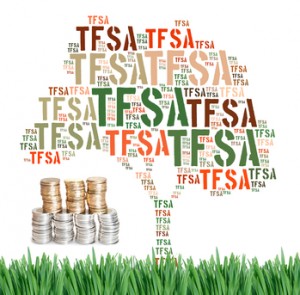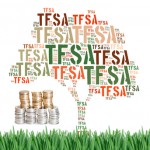As every red-blooded Canadian investor surely must know by now, today is the last day to make an RRSP contribution for the 2014 tax year.
As I wrote for Motley Fool Canada/MSN Money in two pieces in February (one on RRSPs, the other on the looming tax-filing deadline), today (or better yet the weekend just passed) would be a good time to at least do a preliminary dry run on your taxes.
Why? If you’re a salaried employee, you should by now have received your T-4 slip, which means if you enter the slip into your tax program, you’ll have a pretty good idea of how much tax you’ve already paid and how much you may yet need to pay.
T-4s are here; time to stop procrastinating
Sure, the filing deadline isn’t until Thursday, April 30th, roughly two months from now. But if you wait even until tomorrow, it will be too late to check out your past RRSP contributions Continue Reading…







